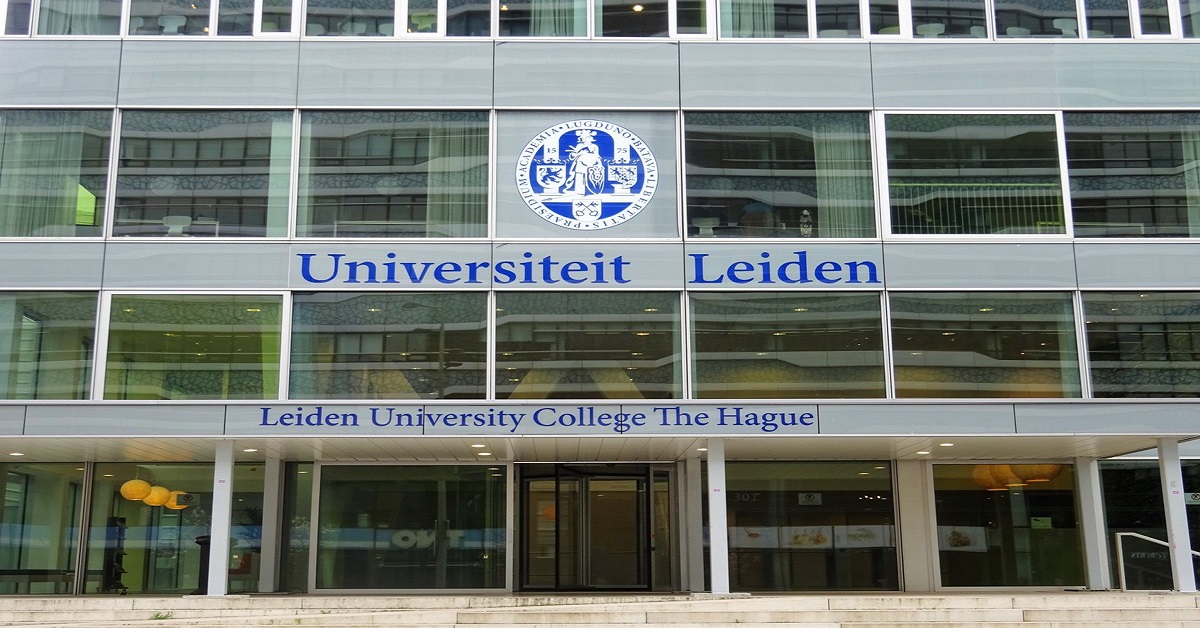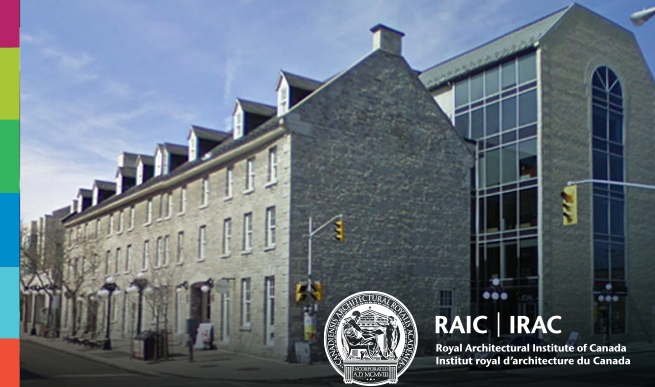
PhD student pesticide impacts on biodiversity in The Faculty of Science and Institute of Environmental Sciences
The Faculty of Science and Institute of Environmental Sciences (CML) are looking for:
PhD student pesticide impacts on biodiversity (0.8-1.0 fte)
Vacancy number: 22-379
Background
In early 2022 scientists reported that levels of chemical pollution have likely exceeded planetary boundaries, leading to unacceptable biodiversity loss, and jeopardizing ecosystem and human health. There is thus a clear need on focusing on the negation and mitigation of chemical pollution impacts on our ecosystem. Among polluting substances, pesticides (herbicides, insecticides, fungicides used in agriculture) belong to a specific group of chemical compounds for which the scientific knowledge has advanced considerable over the past decades. Pesticides are monitored quite intensively in various countries, and we have a reasonable understanding of their environmental fate in water and soils and their mode-of- action to target and non-target organisms. Despite the wealth of knowledge, our understanding on their ultimate impacts on biodiversity at large spatial scales is however limited. Given the recent alarming reports of large scale declines in biodiversity, there is clear and urgent need to develop science- based methods permitting assessment and prediction of pesticide impacts on biodiversity, at large spatial scales.
The Institute of Environmental Sciences (CML) at Leiden University actively works to understanding the impacts of pesticides on the small and large scales. Our group maintains a large monitoring database on chemical pesticides at the national level and conducts controlled lab and mesocosm experiments to understand the impact of pesticides exposure on species and communities. We are now actively working towards the causal connection of both types of knowledge, and therefore we are looking for an outstanding PhD candidate with a passion for conservation to help build a cross-scale predictive framework for a selected group of pesticides on the biodiversity of non-target organisms.
Key tasks
You will work to integrate ecological theory with experimental data to predict the persistence of insect populations at the landscape scale in response to chemical stressors. Specifically, you will:
- Determine the spatio-temporal trends for key pesticides using a large-scale data on pesticides (www.bestrijdingsmiddelenatlas.nl), in combination with land use data, pesticide usage data and other key covariates.
- Build population models by scaling up the individual birth and death rates of insects towards the population or even community level in response to stressors.
- Help develop theory to link experimental data, and developed population models, to large scale trends.
- Collect key missing data required to predict the persistence of model organisms in indoor and outdoor mesocosm experiments.
- Develop maps of chemical(pesticide) pollution and assessing impacts on (aquatic) biodiversity.
Selection criteria
The ideal candidate has experience in statistical modeling and programming, affinity with mathematics, ecological knowledge with an interest in population ecology. Specifically:
- An M.Sc. in a relevant field for environmental modelling (including but not limited to ecotoxicology, or environmental sciences, or ecology, or population biology, or statistics, or any related field). In addition, we consider a basic understanding of insect ecology beneficial – but not crucial.
- Excellent quantitative skills with a strong interest in data science, mathematics and/or population modelling – including some proven experience in programming in R or python.
- Proficiency in spoken and written English and good communication skills.
- Team player and having a collaborative attitude.
- A drive for conservation and an interest in studying human induced impacts to organisms and biodiversity.
- Knowledge on or interest in experimental and laboratory or field work skills are preferred but not required.
Our organization
The Faculty of Science is a world-class faculty where staff and students work together in a dynamic international environment. The Institute of Environmental Sciences (CML) is positioned in the Faculty of Sciences. The core focus of CML is to perform research and education in the interdisciplinary field of Environmental Sciences. CML focuses on the sustainable use of natural resources and preservation of natural capital and biodiversity. CML has a culture of mutual support and collaboration between researchers. Presently, about 140 fte (including postdocs and PhDs) are employed at CML. CML has two departments: Industrial Ecology (CML-IE) and Environmental Biology (CML-EB). Within the Environmental Biology department we have an established and strong, international recognized ecotoxicology group led by Prof.dr. Vijver (ecotox.science.leidenuniv.nl) Within our group, we focus on the prediction and measurement of how existing and emerging chemical stressors affect our natural environment and organisms living there. We aim to provide essential tools to assess and mitigate ecosystem threats. Data collection for risk assessments takes place via different approaches, ranging from lab-derived experiments, to outdoor mesocosms (e.g in our Living Lab www.universiteitleiden.nl/levendlab), and field monitoring to process-based and spatially explicit modelling (e.g. using spatiotemporal data on pesticides = www.bestrijdingsmiddelenatlas.nl or site-specific metal risk assessments = pnec-pro.com). Ultimately, the joint goal of these approaches is to understand chemically induced ecological impacts and link these to source emissions and/or actors.
For more information, see www.science.leidenuniv.nl. Information about CML can be found at https://www.universiteitleiden.nl/en/science/environmental-sciences
Terms and conditions
We offer a 1-year position with the possibility of extension to 4 years based on performance. Salary ranges from € 2.443.- gross per month in the first year to € 3.122 gross per month in the fourth year based on a full-time position, in accordance with the Collective Labour Agreement for Dutch Universities. Leiden University offers an attractive benefits package with additional holiday (8%) and end-of-year bonuses (8.3 %), training and career development and sabbatical leave. Our individual choices model gives you some freedom to assemble your own set of terms and conditions. For international spouses we have set up a dual career programme. Candidates from outside the Netherlands may be eligible for a substantial tax break.
Diversity
Diversity and inclusion are core values of Leiden University. Leiden University is committed to becoming an inclusive community which enables all students and staff to feel valued and respected and to develop their full potential. Diversity in experiences and perspectives enriches our teaching and strengthens our research. High quality teaching and research is inclusive.
Information
Enquiries can be made to Dr. Marco Visser (m.d.visser@cml.leidenuniv.nl) and/or Prof. Martina Vijver (vijver@cml.leidenuniv.nl).
Applications
To apply for this vacancy, please send an email to sollicitaties@cml.leidenuniv.nl. Please ensure that you upload the following additional documents quoting the vacancy number:
- CV
- A motivation letter (max 1 page)
Only applications received before August 14, 2022 will be considered. Interviews will take place on August 25, 2022. You are kindly requested to be available on this date
![Postdoctoral and Research Opportunities at McGill University [CA]](https://scholaridea.com/wp-content/uploads/2020/06/mcgill-university-30-may-2019-768x402.jpg)

